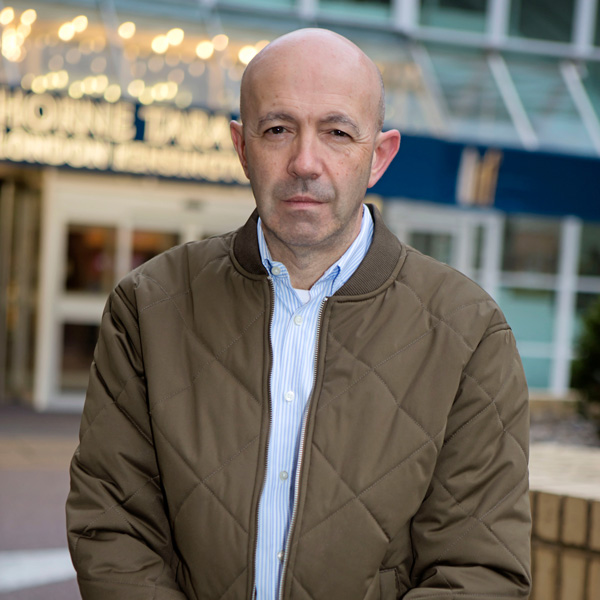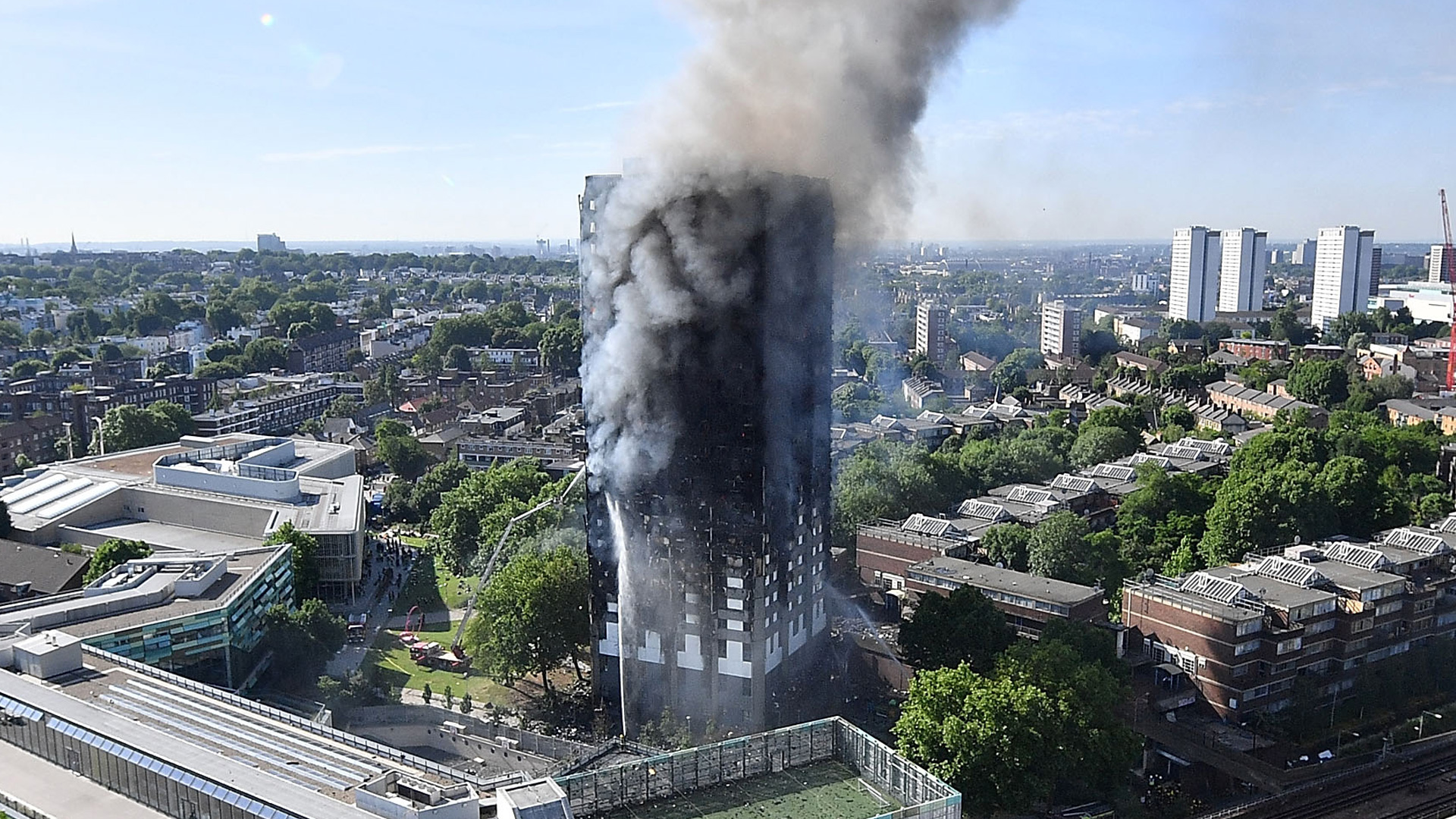The avoidable and tragic events at Grenfell have done much to uncover the extent of fire safety issues in homes across the UK and the burnt-out tower still stands as a reminder that no one should live in a death-trap home.
Advertising helps fund Big Issue’s mission to end poverty
Last month, the UK government confirmed the tower is stable and will remain standing until the fifth anniversary of the disaster at least while ministers at the Grenfell Tower Memorial Commission work on plans for a lasting tribute.
But there is no more fitting memorial than to hold the people responsible for the fire to account and to free others of the fire safety defects that threaten their lives.
Three years after the chair of the independent review of building regulations and fire safety Dame Judith Hackitt called for “major reform” and a new regulatory framework for higher-risk residential buildings, people are still going to sleep every night in unsafe buildings.
How many buildings are unsafe, how work is carried out and who will pay for it is still an issue. As MPs from the Housing, Communities and Local Government Committee put it in their April report: “In order to know how much it will cost to remove unsafe cladding from multi-storey buildings once and for all, how long it will take, and whether the industry has the capacity to carry out these works, the government needs to be collecting and publishing these data as a matter of urgency.”
While the crisis continues, it is likely to have a profound effect on the housing market and means the government’s £5bn Building Safety Fund is unlikely to be enough.
Meanwhile, “wake-up calls” like the fire at London’s New Providence Wharf continue to show the danger of a repeat of Grenfell is still very real.
Advertising helps fund Big Issue’s mission to end poverty
“I felt angry when I saw the New Providence Wharf fire,” Antonio tells The Big Issue. “We are not sending messages in vain. We know it can happen anywhere. It doesn’t take someone to strike a match, it can be an electrical fault or anything. But we cannot pay in human lives.”
Antonio is defiant and hopeful of making everlasting change to ensure the events at Grenfell never happen again.
“We feel the support, we are determined,” Antonio adds. “Before the pandemic, we could see it on the silent marches that took place. People came out to see us in the community, people stopped, the buses and the cars. There is participation. It’s not only a community issue, it is a national issue.
“These people have not died in vain. That is what we are fighting for.”










